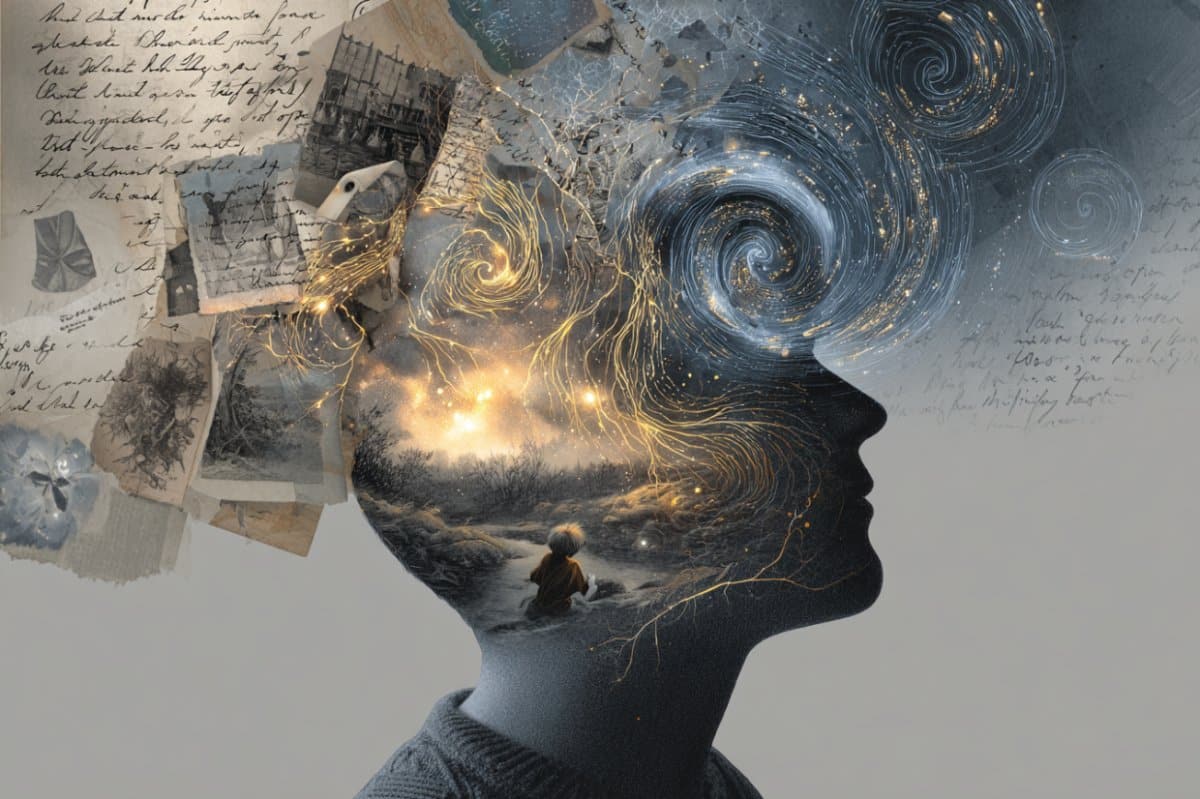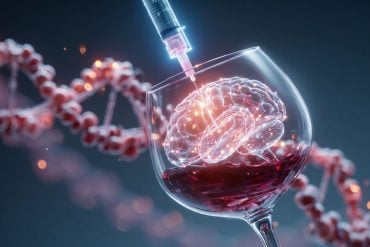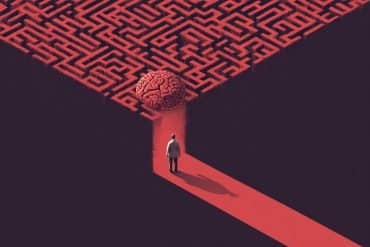Summary: Scientists are asking the public to share their most vivid memories to uncover why some moments feel as fresh as the day they happened. The project blends cognitive neuroscience with literature, examining how vivid memories are experienced, evolve with age, and even differ across centuries.
Using AI tools, researchers will analyze thousands of responses to detect patterns in emotional, sensory, and narrative details. The findings could revolutionize how we understand memory—and potentially inform new treatments for memory loss.
Key Facts:
- Interdisciplinary Approach: Combines neuroscience and literary analysis to redefine what makes a memory “vivid.”
- Machine Learning Insight: AI will analyze thousands of memory descriptions for recurring emotional and sensory patterns.
- Therapeutic Potential: Findings may guide new strategies to strengthen memory recall and aid those with memory disorders.
Source: University of Cambridge
Do you have a memory so vivid you can relive it as if it’s happening all over again, re-experiencing the physical sensations and emotions just as you did in that moment?
Researchers at the Universities of Cambridge and Durham want to understand more about vivid memories: how these experiences differ from person to person, how they evolve as we age, and how they changed across modern history. To do it, they need your help.
The team has launched an online public survey asking people to describe two of their most vivid memories. They’re hoping for thousands of responses from people of all age-groups and walks of life, to help them build an anonymised database representative of the whole population.
The findings will inform new ways to help people remember things in more vivid detail. They will also help researchers to understand the nature of human memories across the lifespan, and how ideas about memory have evolved over centuries.
While the modern scientific definition of vivid memory tends to emphasise visual detail, the team is taking a novel approach by drawing on Shakespeare’s texts and historical diaries for a richer definition, encompassing many additional sensations.
Dr Kasia Mojescik, a researcher in the Department of Psychology at the University of Cambridge who is involved in the project, said: “For the first time, cognitive neuroscientists are working directly with humanities scholars to design experiments that try to understand vivid memories from an entirely new perspective.”
Professor Charles Fernyhough in the Department of Psychology at Durham University, and a member of the project team, said: “By exploring historical and literary perspectives on memory, we’re including many aspects of the experience of remembering – such as strong emotions, and the feeling of being present in the moment – that have been neglected in purely scientific studies.”
Using machine learning tools, the team will look for recurring patterns in the experiences that are remembered with the greatest detail throughout our lives.
Trends that emerge across age groups might explain why, even as we feel our memories are becoming less precise as we age, our most precious or identity-shaping memories often remain as vivid as if they happened yesterday.
Dr Martha McGill in the Faculty of English at the University of Cambridge, a member of the project team, will reflect on how the experience of remembering has changed over time, looking at British autobiographical writings from the sixteenth to the eighteenth centuries.
Professor Jon Simons in the Department of Psychology at the University of Cambridge, and project lead, said: “Many people have at least one really vivid memory. For me it’s the birth of my first child. It’s not something that I just know happened – it’s an event I can go back and relive in incredible detail, like mental time travel.”
The team hopes that the findings might also inform future pharmaceutical treatments and therapeutic interventions for memory problems.
To take part in the survey, visit: https://cambridge.eu.qualtrics.com/jfe/form/SV_7R330m1NXF6yFyS
Key Questions Answered:
A: Researchers aim to understand why certain memories remain incredibly detailed and lifelike, how this varies across people, and how it changes with age and culture.
A: It uniquely combines neuroscience with historical and literary perspectives, using Shakespearean and autobiographical texts to expand the concept of vividness beyond visual details.
A: They’ll use machine learning to identify patterns across thousands of memory submissions, which could help improve therapeutic interventions for memory issues.
About this memory research news
Author: Jacqueline Garget
Source: University of Cambridge
Contact: Jacqueline Garget – University of Cambridge
Image: The image is credited to Neuroscience News








